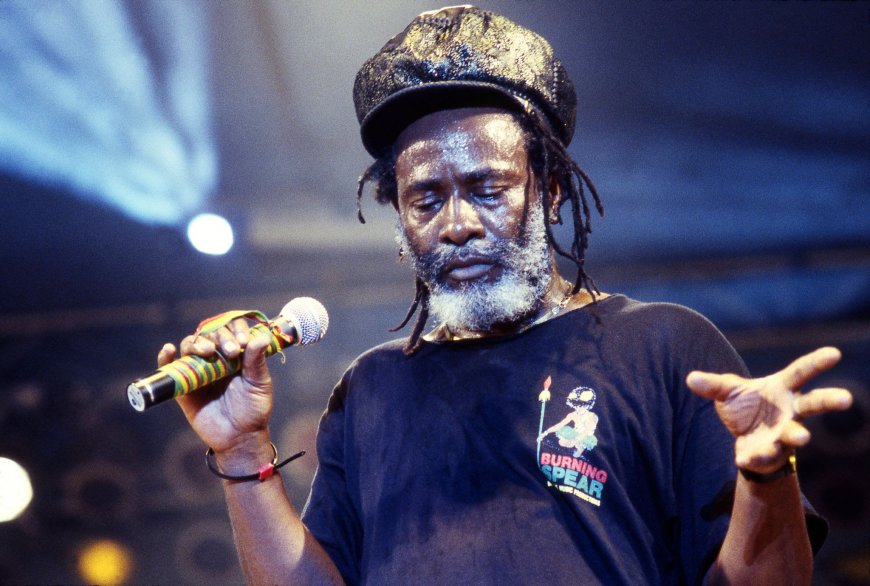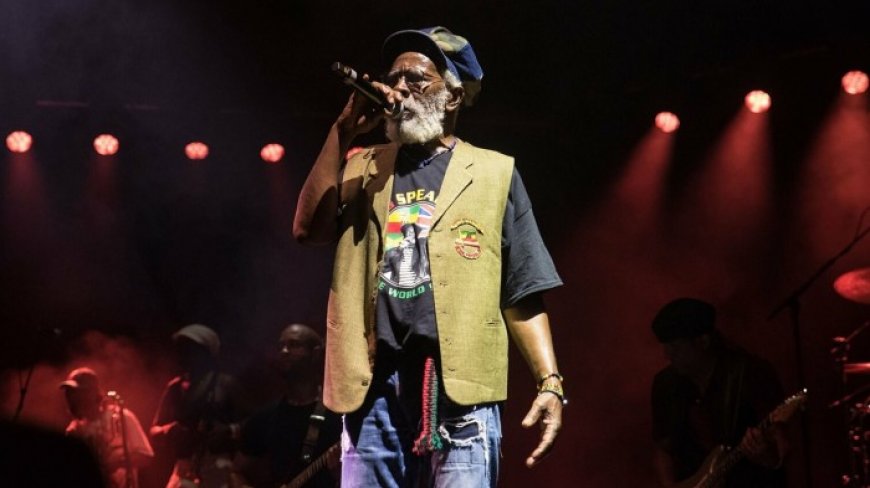Burning Spears Impact on Culture, Justice & Pan-Africanism

The scorching melodies and socially conscious lyrics of Burning Spear, the stage name of Winston Rodney, have reverberated through the reggae world for over five decades. More than just a musician, Rodney is a Rastafarian icon, a cultural ambassador, and a powerful voice for justice and unity. This article delves into the life and legacy of this influential figure, exploring his musical journey, his commitment to Rastafarianism, and his enduring impact on reggae and beyond.

Born in Saint Ann's Bay, Jamaica, March 1st 1945, Rodney was exposed to music from a young age. The sounds of R&B, soul, and ska permeated his childhood, laying the foundation for his future musical explorations. As a young man, he formed The Burning Spear, a group that initially leaned towards ska before embracing the emerging roots reggae sound.
Rasta Roots and Reggae Revolution:
Deeply influenced by the Rastafarian movement, Burning Spear infused his music with themes of African liberation, spiritual awakening, and social justice. Songs like "Jah Nuh Dead" and "Marcus Garvey" became anthems for the oppressed, resonating with audiences worldwide. His powerful vocals and infectious rhythms helped propel reggae beyond Jamaica, establishing it as a global force for social change.
Burning Spear's influence extends far beyond the recording studio. He has actively championed Pan-Africanism, advocated for social justice, and used his platform to empower marginalized communities. His unwavering commitment to his beliefs and his infectious smile have solidified his status as a beloved cultural icon, respected not just for his music but also for his character and integrity.
Burning Spear has won two Grammy Awards for Best Reggae Album; one at the 42nd Grammy Awards in 2000 for Calling Rastafari, and one for 2009's Jah Is Real. He has been nominated for a total of 12 Grammy Awards
Despite facing personal challenges and industry shifts, Burning Spear continues to release critically acclaimed albums and perform to sold-out audiences worldwide. His music remains relevant, reminding us of the power of reggae to ignite social change, spread love, and connect people across cultures.








